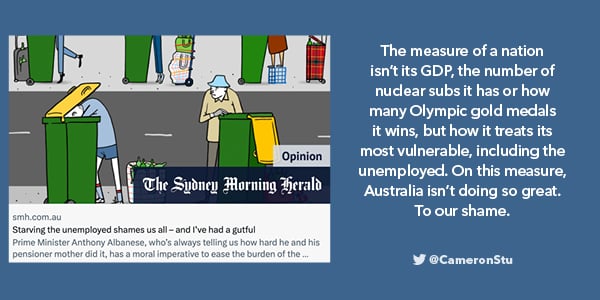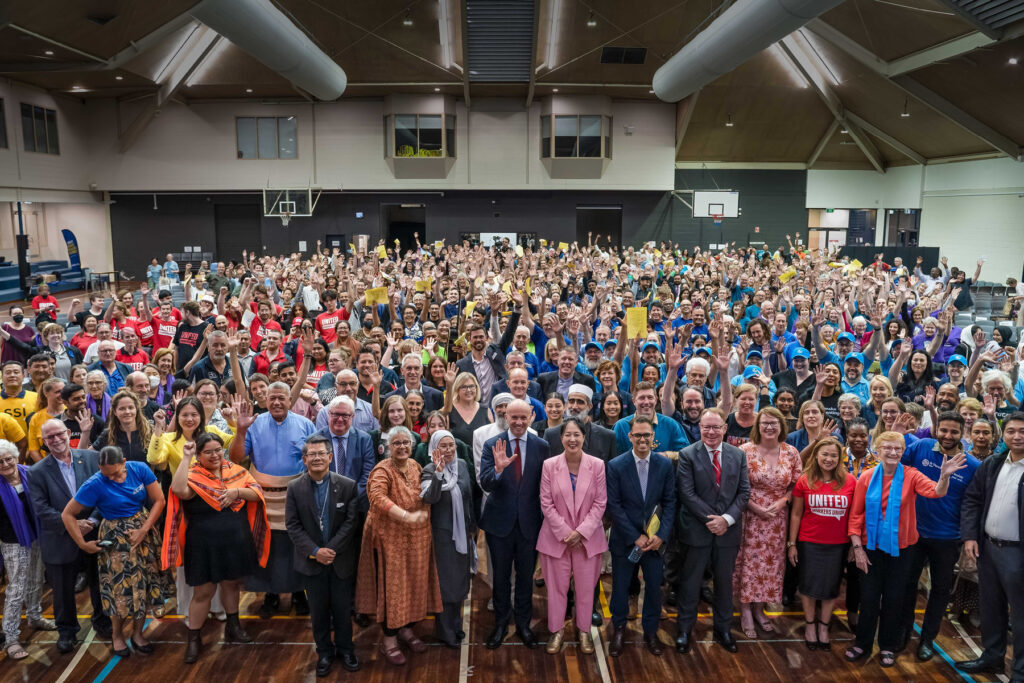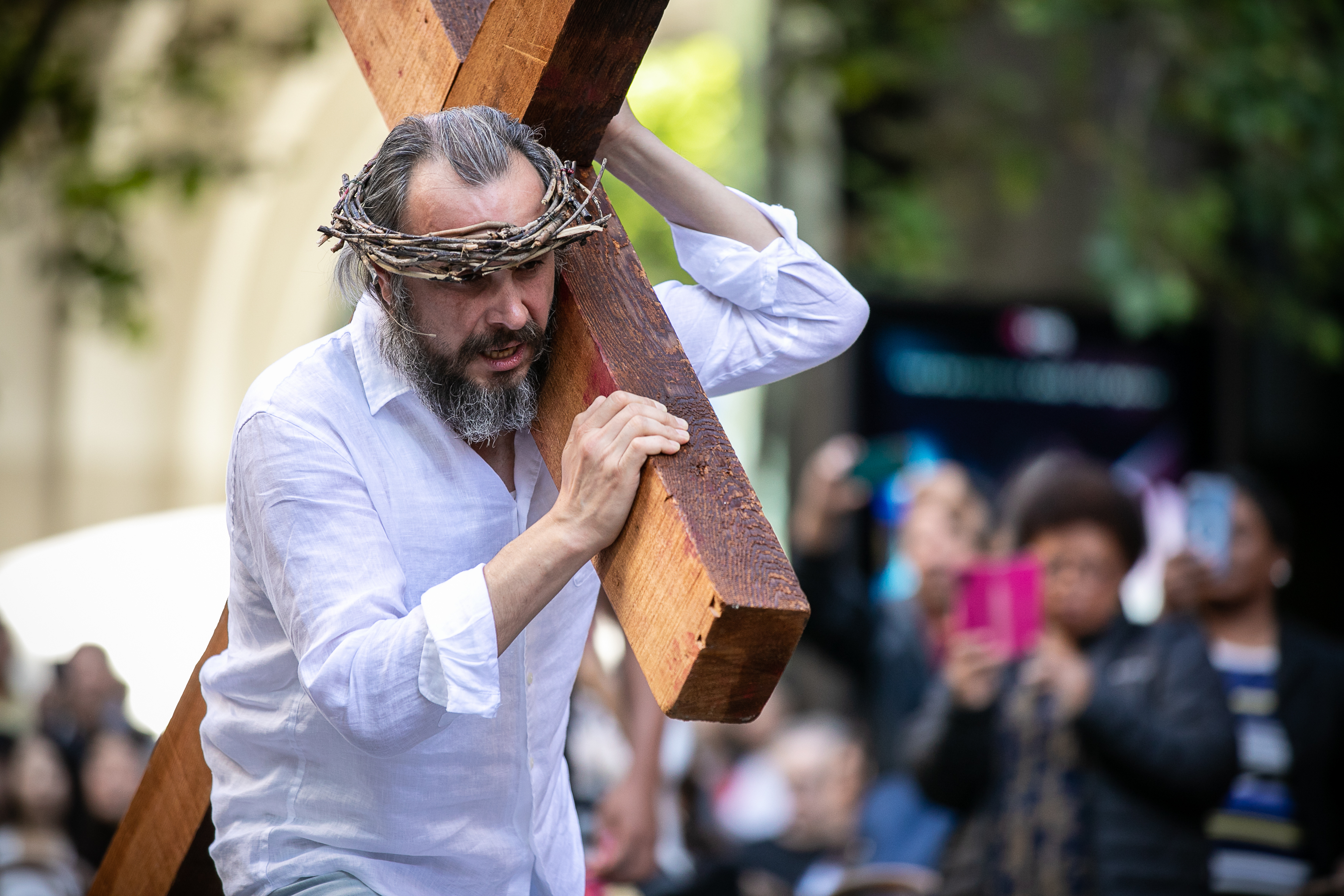Our first year in Sydney (2021) was an eventful one, to say the least, particularly the extended COVID-19 lockdown we all experienced in the second half of that year. An ever-present reminder of that season is the rather expensive home rowing machine that now languishes unloved and unused in the room adjacent to our bedroom, its very presence a reminder of the fits, starts and (many) stops of my fitness ‘journey’.
For me at least, one of the compensating distractions through lockdown was the Tokyo Olympics. Like many Australians, every four years I become an armchair expert about sports that in reality I know nothing about (skateboarding anyone?) and give zero attention to other than when the Olympics roll around. Through the two-week sporting jamboree, I obsessively track how Australia is doing on the medal a table. Are we beating the British? Please God, we are ahead of the Kiwis for gold medals, right?
Obsessed as we are, it would be easy for we Australians to measure ourselves globally by how well our athletes and sporting teams do on the world table. But the measure of a nation is not a medal table. Nor is it how much stuff we produce (Gross Domestic Product – GDP), nuclear submarines we own or diplomatic influence we have on the world stage. At the end of the day, consistent with what I believe the Bible teaches, I reckon the true measure of a nation is how well it treats its most vulnerable and disadvantaged. And while Australia has made some giant strides in recent years in this respect (see the NDIS), we have a long way to go before we can claim a gold medal.
There will be a lot of ink spilled over the coming days as the Albanese government announces its annual budget. What will be said about and planned for the (currently woefully inadequate) Jobseeker payments that support the unemployed will be of particular interest to me and many others.
In a recent opinion piece in the Sydney Morning Herald respected commentator Ross Gittins points out that in 2000, the year Sydney hosted the Olympics so spectacularly, the unemployment support payment was 14% below the poverty line. Today, 23 years later, it is 68% below the poverty line – an alarming decline.
By this stark measure, Australia is failing some of its most marginalised and disadvantaged. Imagine surviving on an income that is 68% BELOW the poverty line. It’s dehumanising. Decades of neglect, and at times the shameful demonization of those out of work, means that hundreds of thousands of Australians are condemned daily to make agonising choices about which essentials they will eliminate from their spending. This is one of the richest nations on earth.
Currently the jobseeker payment is 70% of the aged pension. A government advisory panel recommends it be lifted to 90%. According to Ross Gittins, that would cost the federal budget $6 billion annually, less than 1% of budget expenditure. And just over 1% of what we will spend on very, very expensive nuclear submarines.
When the Paris Olympics roll around next year, once again I will be glued to my screen, an armchair expert obsessing over medal tables and gold medal tallies. But, at the end of the day, it’s all fun and games. What is truly life and death, what really matters for our nation and all our people is how we choose to address disadvantage and inequity. That is a true measure of Australia’s place in the world. Like a family budget, the federal budget tells us what our nation’s priorities are. I hope and pray we will reach for gold.

Every blessing,

Rev Stu Cameron
CEO and Superintendent, Wesley Mission


